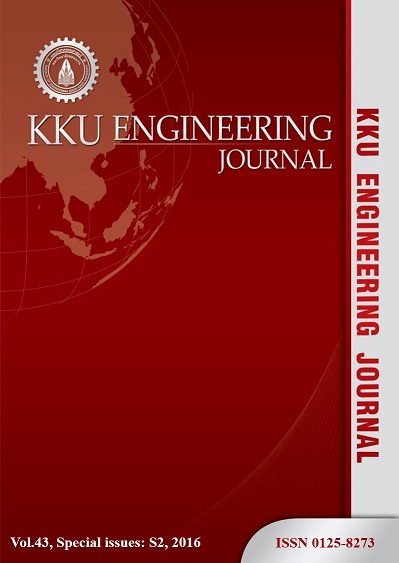Marine ecosystem impact assessments of offshore petroleum production in the EIA process of Thailand: Principles, practices, and suggestions for improving effectiveness
Main Article Content
Abstract
An Environmental Impact Assessment (EIA) is a formal tool used in controlling, preventing, and reducing the environmental effects caused by any project operation. Field experience reveals that such report always largely varied in scope and quality of implementing. Offshore petroleum production is becoming an increasingly crucial part of global energy development. The principles and suggestions for improving effectiveness the practice in current marine ecosystem impact assessments, in the EIA process in Thailand were analyzed. Marine ecosystems are highly fragile, complex and diverse. Investigation of existing abiotic and biotic components of ecosystem, human use value, and quality of life value, together with measures to prevent and mitigation of adverse impacts then to compensate for the damage incurred, are assigned in Thailand’s law. Key potential marine ecosystem, environmental impact issues to be prioritized are proposed. The insufficiency of site–specific baseline information and ineffective of follow–up monitoring are major current issues. Challenging issues in the procedure of EIA system are also discussed. Precise and updated information shared by multidisciplinary networking are necessary. Thus, the development of guidelines for the Best Professional Practices for marine environmental risk assessments and for public participation is strongly recommended.
Article Details
This work is licensed under a Creative Commons Attribution-NonCommercial-NoDerivatives 4.0 International License.



